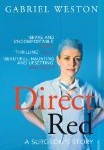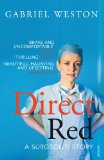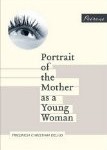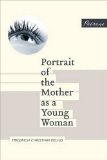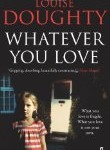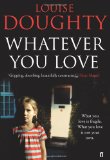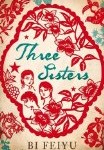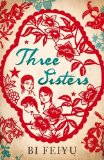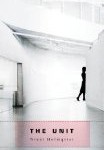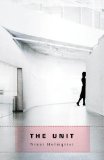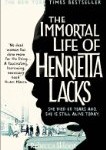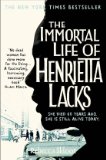I have been wanting to read this book ever since I heard Gabriel Weston talk at a library event last year; so when I spotted that the BBC had created a dramatised version I started listening immediately. This book is just as witty, intelligent and insightful as I had hoped it would be and I urge you to listen to it before it disappears from the BBC iplayer* tomorrow evening (10:00PM GMT Fri, 18 Mar 2011).
Direct Red is a memoir of the author’s life as a surgeon. In a series of short stories she reveals the truth about life inside a hospital. She explains exactly what doctors are thinking about as they deal with patients – revealing everything from the initial embarrassment of dealing with genitalia to the heartbreak of seeing people die. I’m sure that some people in the medical profession will object to the public learning that their minds are not always on the task in hand, or that lives are often put in danger by a lack of staff, but I found the insight into hospital life fascinating.
If you are squeamish then this book probably isn’t for you as there are many graphic descriptions of medical procedures. I must also warn you that some of the scenes are very distressing and most do not have a happy outcome.
If you have ever thought that audiobooks are a waste of time then I urge you to give this a try – the cast of excellent actors add an extra dimension to the text.
This is a well written, emotional, insight into the mind of a surgeon. Highly recommended.

.
* I think there may be problems listening to this outside the UK. If this is the case then I’m sure the text version is worth reading.
